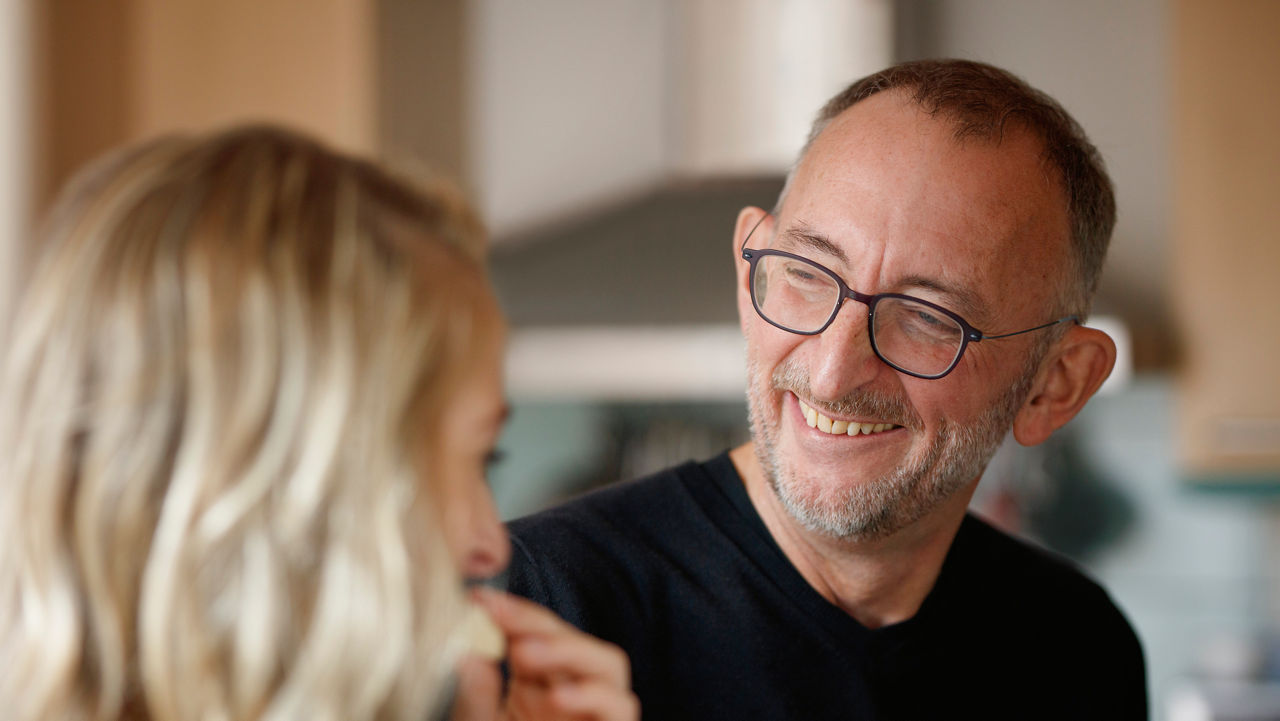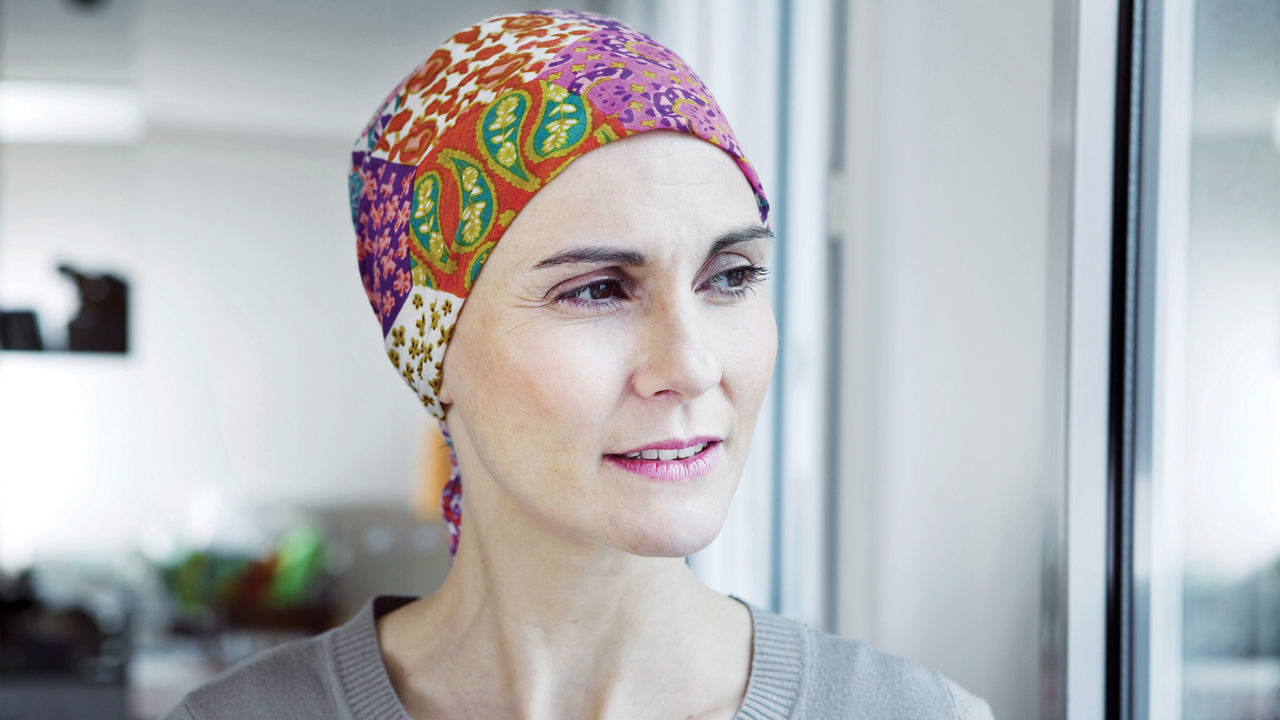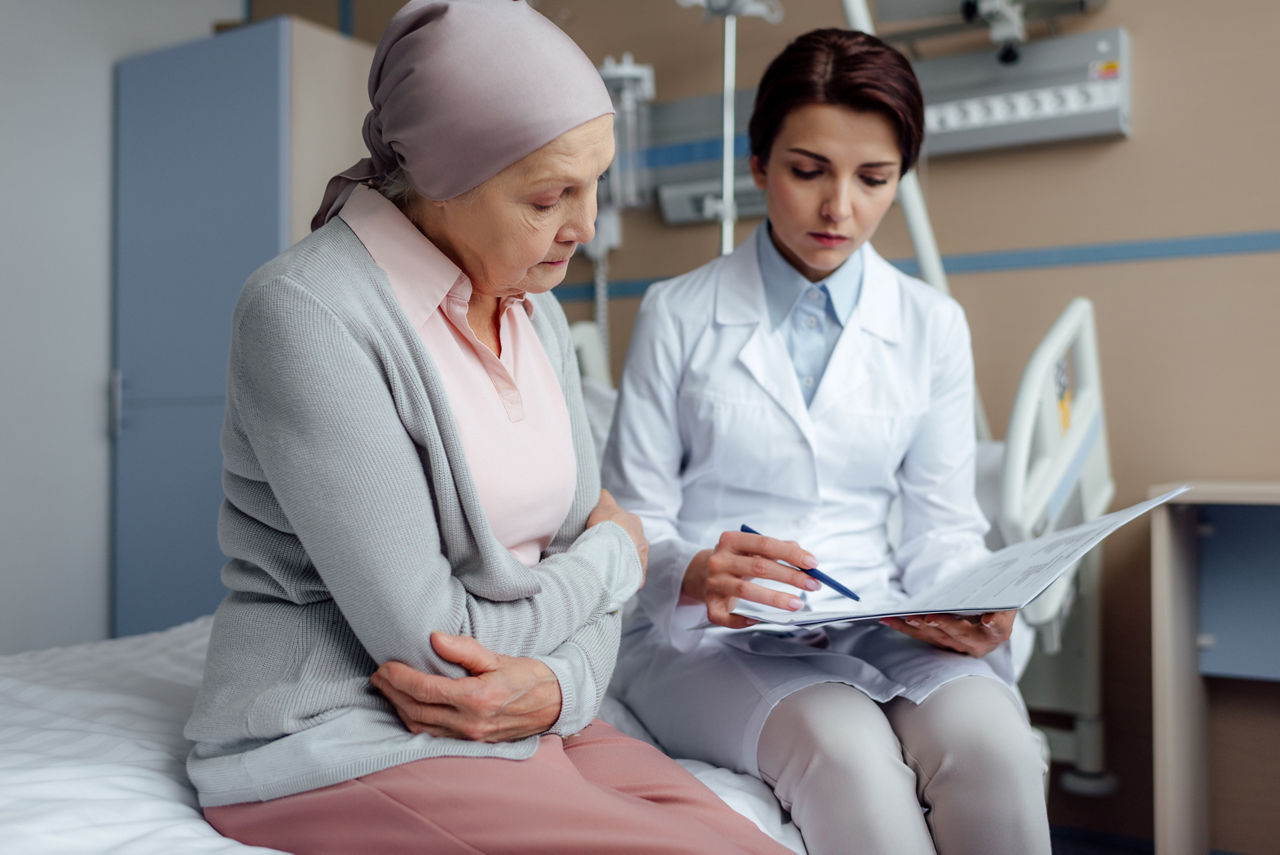Nutritional support for patients and carers
Every year, almost 45,000 people in Ireland are diagnosed with cancer.1 Although cancer incidence is on the rise, the likelihood of surviving many types of cancer continues to increase too. There are over 200 different types of cancer which may affect different parts of the body. One person’s experience living with cancer may differ to the experiences of another person and no two cancer journeys are exactly the same. This hub has been written to provide advice on nutrition during your cancer journey and support you to prepare for the road ahead.
The importance of good nutrition
Nutrition is important at all stages of the cancer journey, however the advice you receive regarding nutrition may change at different stages of your journey. This advice may also differ to nutrition advice you may have received prior to your cancer diagnosis. Every person living with cancer will have their own individual nutritional needs. Speak to your doctor, nurse or dietitian before making any changes to your diet.
Good nutrition and maintaining your body weight during your cancer journey is a really important part of your overall care plan. By maintaining good nutritional intake and consuming a nourishing diet you are more likely to:
- Feel better overall
- Maintain your strength and energy
- Tolerate any treatment-related side effects
- Lower your risk of infection
- Be able to finish your treatment – often chemotherapy has to be stopped or postponed, if the person is not strong enough to continue
Why does weight loss matter now?
Losing weight is often seen a good thing, especially if you’ve always struggled to manage your weight. But it is important to know that losing weight unintentionally can affect both your treatment and your recovery. This is also the case for people who were or are overweight.
Body weight is a measure of how heavy you are. Our body is made up of different amounts of fat, bone, muscle and water; this is called body composition. Losing weight can mean losing fat, but it can mean losing muscle too; this is often the case in cancer.
Muscles help you move. Losing muscle can affect how strong you feel and what you are physically able to do in your day e.g. get out of bed, go for a walk, stand up to cook a meal. When we can’t or don’t eat enough protein foods, the body breaks down muscle to get the building blocks of protein (amino acids) to make cells that it needs for other processes in the body such as healing and fighting infection. This can intensify the muscle loss (muscle wasting).
Inflammation is one of the ways that your body fights infection and disease. It happens when the immune system detects something harmful in the body such as bacteria or damaged cells. It can affect the way your body handles nutrients. This response can also make you feel very tired (fatigue), have no appetite, lose weight and lose muscle.
Maintaining your weight can help your body to better tolerate your treatment. Any changes in your weight from when you were first diagnosed could affect your treatment dose or delay your treatment. By maintaining good nutritional intake you can help reduce the risk of losing additional muscle weight in the future. This can help ensure your body can better tolerate your treatment.
The importance of good nutrition in cancer patients
Why am I losing weight?
Concerned about your nutrition?
1. References: National Cancer Registry Ireland (2020) Cancer in Ireland 1994-2018 with estimates for 2018-2020: Annual report of the National Cancer Registry. NCRI, Cork, Ireland



